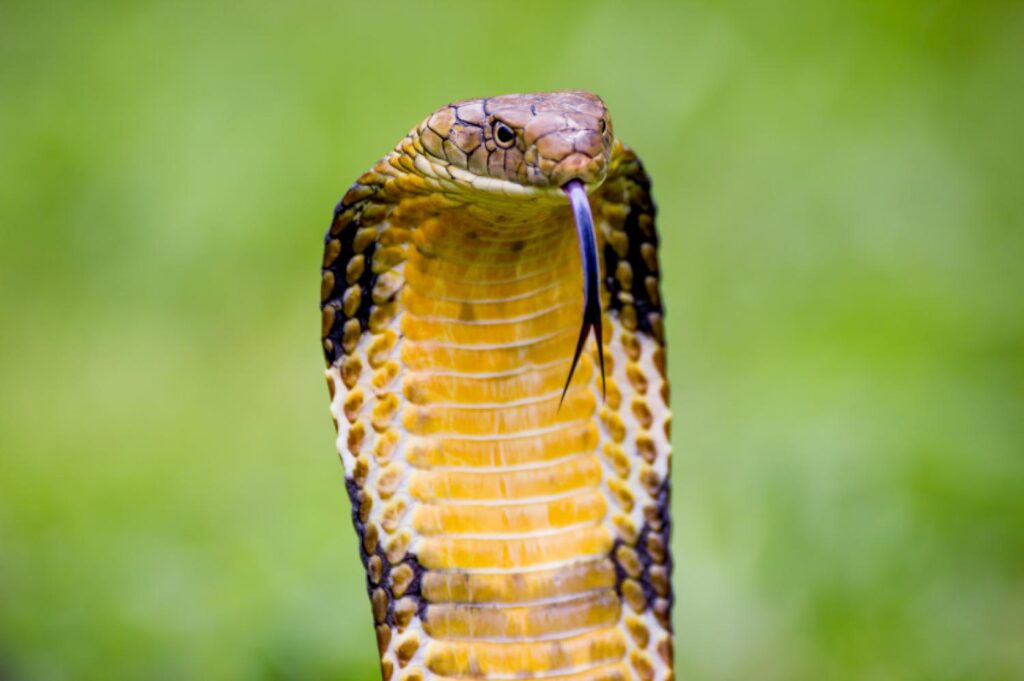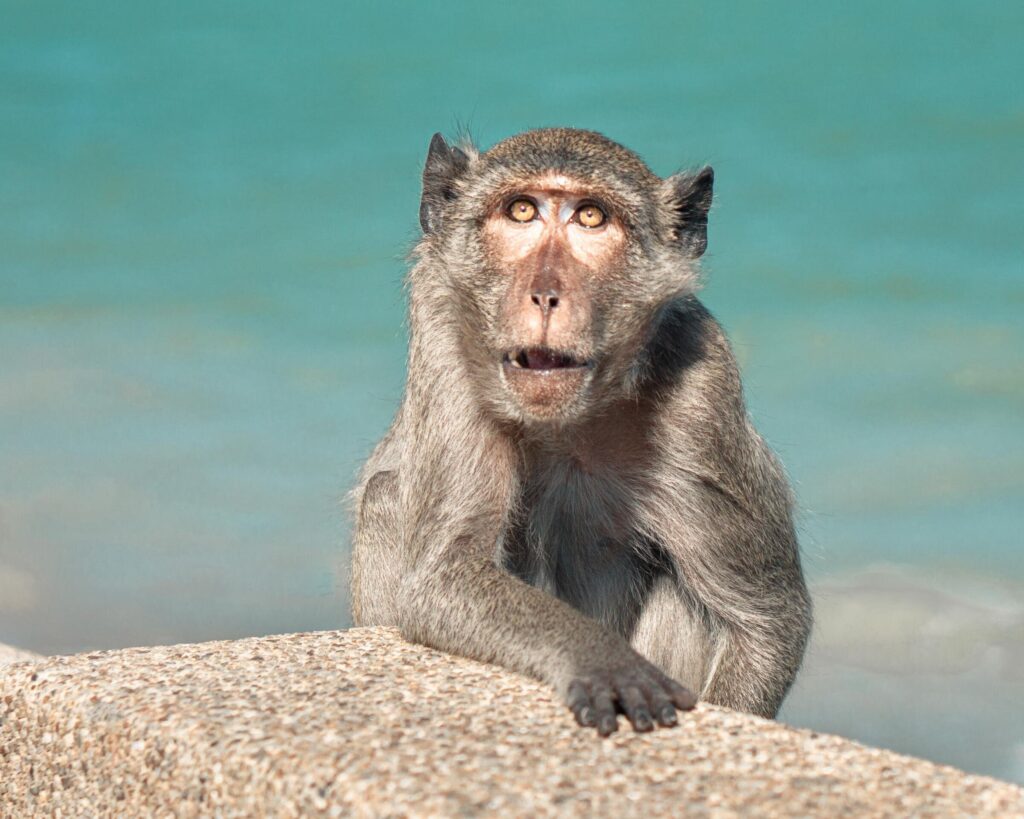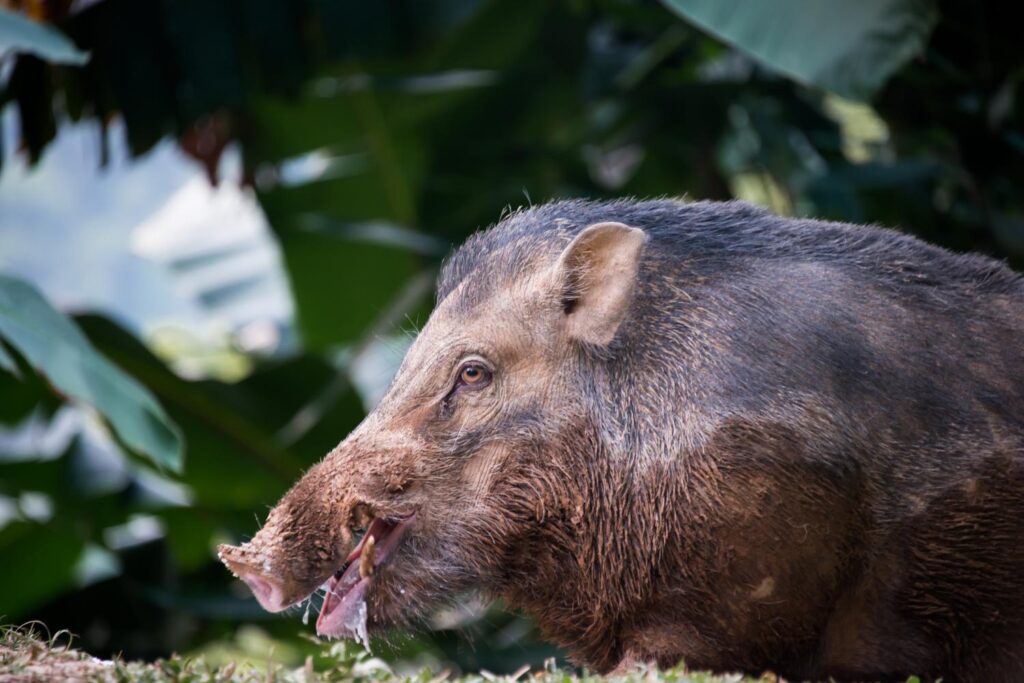Thailand is renowned for its stunning landscapes, rich culture, and vibrant wildlife. However, lurking in its lush jungles and tranquil beaches are some dangerous animals. Although it’s highly unlikely you will encounter most of the animals on this list, understanding these creatures can help ensure your safety while exploring this beautiful country.
1. Snakes

Thailand is home to a variety of snake species, some of which are venomous and pose significant risks. Notable among them are:
- King Cobra: The world’s longest venomous snake, the King Cobra can reach lengths of up to 18 feet. Its bite can be fatal if not treated promptly.
- Malayan Pit Viper: This snake is responsible for many bites in Thailand. While not as deadly as the King Cobra, its venom can cause severe tissue damage.
Tip: Always watch where you step when hiking in rural areas, and avoid tall grass where snakes might be hiding.
2. Jellyfish

The waters around Thailand, especially in the Gulf of Thailand, are inhabited by jellyfish, some of which are venomous.
- Box Jellyfish: Known for their potent venom, box jellyfish can cause heart failure and even death within minutes. They are typically found in shallow waters and are most prevalent from late summer to early autumn.
Tip: When swimming in the ocean, check local warnings and consider wearing a protective suit if you’re in areas known for jellyfish.
3. Crocodiles

In the wetlands and rivers of Thailand, saltwater and freshwater crocodiles can be found. While encounters with crocodiles are rare, they are dangerous predators.
Tip: Avoid swimming or wading in areas known to be crocodile habitats, and heed local advisories.
4. Large Cats

Thailand’s national parks are home to big cats, including tigers and leopards. While these animals generally avoid humans, they can be dangerous if startled or threatened.
Tip: Stay on marked trails and avoid venturing into dense jungle areas where these cats may be hiding.
5. Monkeys

While monkeys can be fun to watch, some species in Thailand, like the long-tailed macaque, can be aggressive, especially if they feel threatened or if food is involved.
Tip: Do not feed the monkeys and keep your belongings secure to avoid attracting their attention.
6. Insects

Insects can pose hidden dangers in Thailand, particularly mosquitoes.
- Dengue Fever and Malaria: Mosquitoes in Thailand can transmit diseases such as dengue fever and malaria.
Tip: Use insect repellent, wear long sleeves and pants, and consider taking preventive medication if you plan to visit high-risk areas.
7. Wild Boars

In rural areas, wild boars can be encountered. They may appear docile but can become aggressive if they feel cornered or threatened.
Tip: If you see wild boars, maintain a safe distance and do not provoke them.
Conclusion
While Thailand is home to a variety of dangerous animals, most encounters can be avoided with awareness and precaution. By respecting the wildlife and following safety guidelines, you can enjoy the natural beauty of Thailand without putting yourself at risk. Always stay informed and travel responsibly, and your adventures in this incredible country will be safe and memorable!

Comments